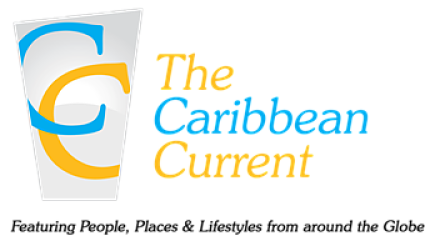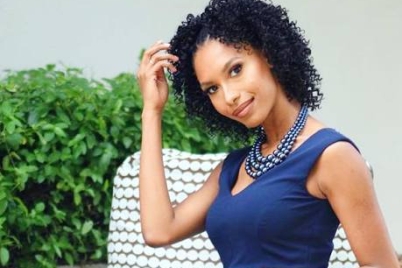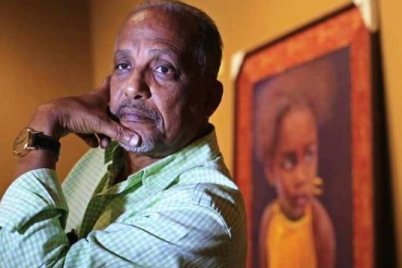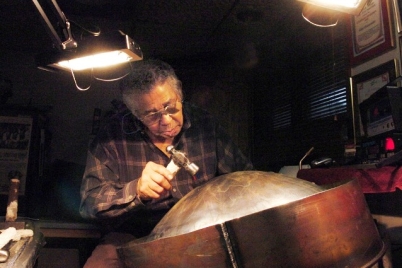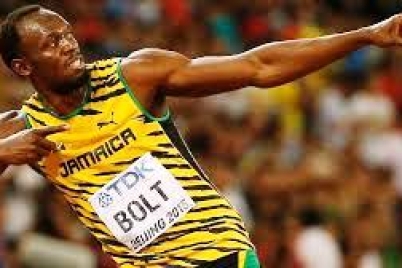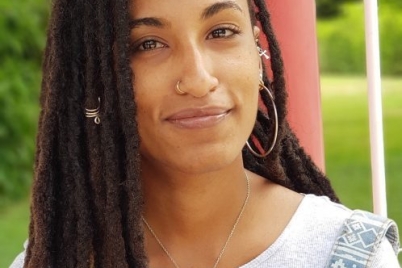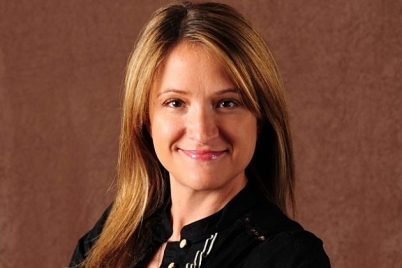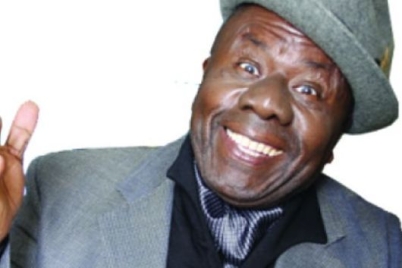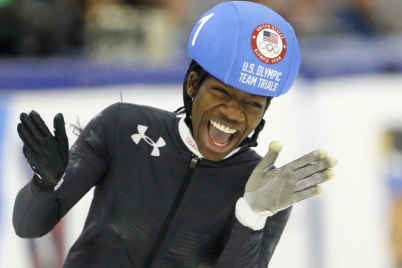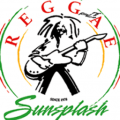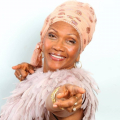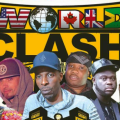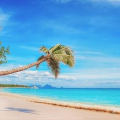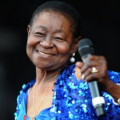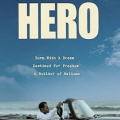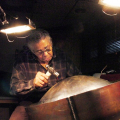What if a well-dressed professional bald-headed man from the Caribbean Diaspora, be referred to as a ‘Rasta’ or a ‘Dreadlocks’? For many, it might be perceived as quite offensive. For others, it might be a compliment. But to the person doing the name-calling, the reason might be found within Morgan Heritage’s song “you don’t haffi dread to be Rasta, this is not a dreadlocks thing but a divine conception of the heart”
What is the divine conception of the ‘Rasta’ or the ‘Dreadlocks’?
The Roots of Dreadlocks
Actually, the dreadlocks as we know it in the Caribbean region originated out of the hairstyle worn by East Indian spiritual sages and yogis who migrated to Jamaica in an attempt to flee the then enslaving of people from India and surrounding areas. While the hairstyle of this Hindu yogis was a simple by-product of their divine conception of renouncing the world and possessions including combs, for those who adopted the hairstyle, the hair like Samson in the Bible, became a show of strength, and of ‘levity’.
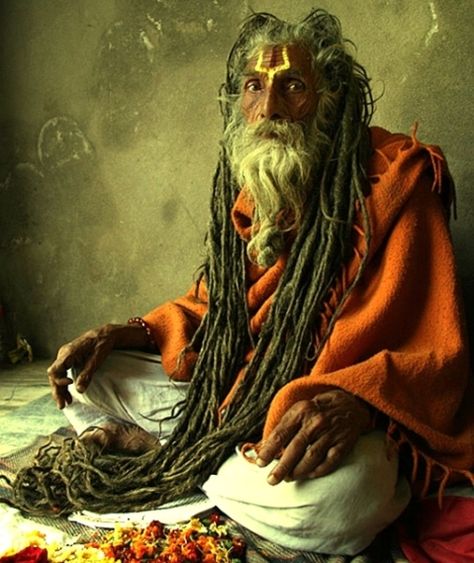
A Sadhu Hindu holy man with dreadlocks https://www.pinterest.com/pin/400398223090402433
This knotty hairstyle with the ‘dreadlocks’ name originated from Jamaican tradition with the idea that the ‘natty’ locks was to be feared, respected or dreaded. But this was not in a ‘negative’ way but in the sense that these men were operating within a spiritual plane that brought wisdom, patience, and a deeper understanding of life. Today, while some casually wear the hairstyle, most Rastafarians within and external to the Caribbean Islands wear dreads as part of their religious lifestyle.
Unfortunately, some have reneged on the positive connotations of the ‘Rasta’ and also made an association with being feared or dreaded in the negative sense. In the isle of Trinidad and Tobago a gang known as ‘Rasta City’ has surfaced
Bob Marley Positive Dreadlocks Icon
Surely, if musical icon, Robert Nesta Marley born February 6, 1945, could speak to these ‘Rasta City’ youths, he would speak of his work, though indirectly, to have positive associations made with the ‘rasta’ ‘dreadlocks’ hairstyle. Scientists assume prehistoric humanoids naturally developed dreadlocks. Dreadlocks have different significance across cultures, but they have one thing in common, an association with a spiritual journey that teaches patience. Generally, Rastafarians associate their dreadlocks with physical, emotional, and spiritual strength.

Bob Marley – www.jamaicanlove.org/2014/09/23/bob-marley/
A Marley was born on February 6, 1945, on the farm of his maternal grandfather in Nine Mile, Saint Ann Parish, Jamaica. Bob Marley radiated love, peace, passion, and wisdom. Bob’s musical genius and prophetic inspirational Universal song offerings, was a subtle indicator of no superior mental acuity within the bald head or neatly trimmed.
Black Coffee gets good for the White House
Even with the popularity of the dreadlocks, it is not everyone’s cup of tea, both personally and professionally. With the mention of tea, this much popularly accepted hot beverage became so after The Tea Act. The Tea Act passed in 1773 by the British East India Company led to a rebellion in Boston, known as The Boston Tea Party, which saw tea taxes enforced for American colonies.
It was not only the dreadlocks that were not everyone’s cup of tea but so too was black coffee as a choice for a hot beverage. Some suggest though without solid evidence that the coffee originated in Ethiopia.
Coffee has been noted as the number two commodity, the first being oil. Hawaii, Barrack Obama’s native town, is considered optimal for harvesting coffee beans. Coffee, however, was first banned in Mecca in 1511 as it was thought to encourage radical thinking. Pope Clement VII, however, saved coffee, baptizing it in 1600. Similar to the struggle of the dreadlocks for mainstream acceptance, so too, coffee found itself banned in 1623, by Ottoman leader Murad IV, with punishments for its consumption. In 1746 the Swedish government even made it illegal to have coffee paraphernalia. And finally, in 1777, Frederick the Great of Prussia hinted at what others were suggesting. Frederick declared beer as superior to coffee. Thus indirectly declaring black coffee an inferior beverage.
To have a Lord Superior usher Barrack Obama into the White House with a song of Black Coffee is profound. It ties that common thread of the divine conception, the utopian experience, where the virtue within, be it of a hairstyle or the man would be acknowledged, instead of deemed inferior
Bob Marley to dreadlocks and Barack Obama to the bald-headed, yet the idea of achieving the stamp of approval remains. A stamp often reserved for others.
Obama, born 1961, graduated from Harvard Law School and was a law professor at the University of Chicago before launching his political career in 1996, Obama was inaugurated on January 20, 2009, after defeating Senator John McCain to become the 44th U.S. president, and the first African American elected to the White House. On November 6, 2012, he defeated Republican challenger Mitt Romney to win a second term in the White House.
Regional Music like having “Cocoa in the Sun”
Maybe it is not exactly unknown as much as hardly spoken of, but oftentimes regional music is given an inferior status on the airways. It is reported that the now late Andrew “Lord Superior” Marcano, 79, was not just an excellent calypsonian but pushed several projects over the years to move his art-form from its background position on the airwaves. These included seeking more radio air-play for bards, launching a radio station in Trinidad named Superior Radio, performing at the Madison Square Gardens, IN New York, and producing a full-length calypso musical in New York City (NYC).
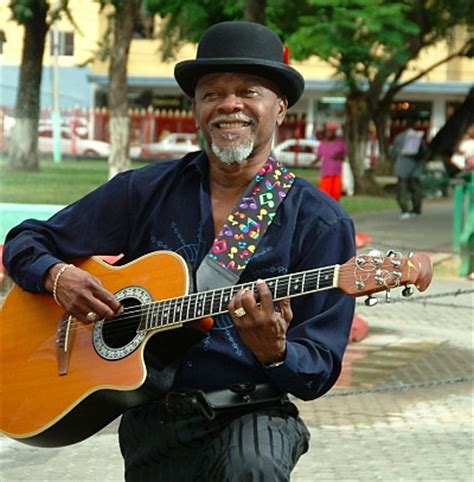
Andrew Marcano, aka Lord Superior
Lord Superior’s move to have regional music get a forward on the airwaves was in no way unique. In the early 2000s, Choice FM rebranded to Capital XTRA led to an outcry that “reggae DJs Daddy Ernie and Natty B; soca DJ Martin Jay; and gospel DJ Dave P were lost in the cull and so the station became reggae-less, soca-less and Godless in one fell swoop.” It was noted of all the genres that reggae was hardest hit, as it was considered ‘seasonal’ by radio programmer controllers.
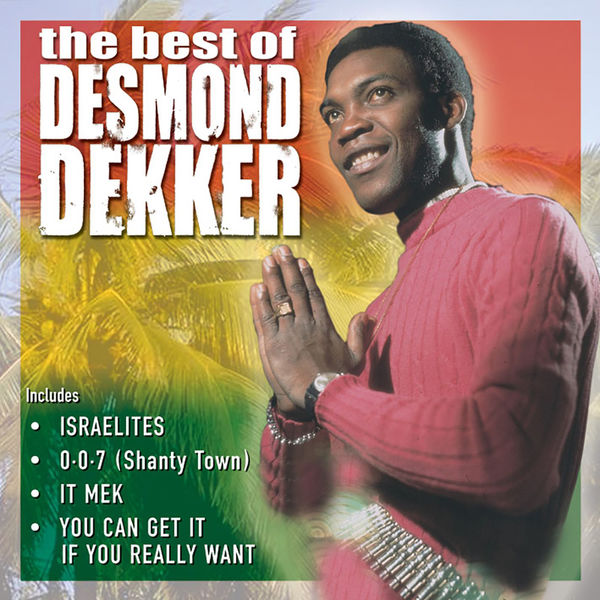
Finally, with black coffee having made it to the White House, with dreadlocks having become more respected and with radio stations becoming increasingly aware to put the stamp of approval on its own music, and with Desmond Dekker’s reggae reaching the top of the UK charts in 1969 with Israelites.
Gregory Isaacs’ Night Nurse enjoying UK chart success in the ‘80s; Shaggy getting into mainstream stardom in the 90s; Sean Paul doing the same and the many more to come, we might be able to look forward to singing some redemption songs and understanding ourselves as neither inferior or superior but simply unique and diverse.
By Kerriann Toby
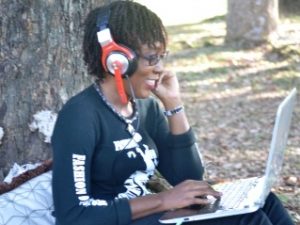 Kerriann Toby is a dynamic therapist currently pursuing her Doctorate of Psychology (PsyD). She is a member of the Canadian Counselling and Psychotherapy Association (CCPA) and has trained as a cybercounsellor. Her areas of experience, expertise, and interest include child development, sexual and reproductive health, gender-related matters, marriage and family life and promoting the idea of positive psychology, using strengths to support mental health and wellbeing. Visit her Wellness Blog www.karryonservices.com/blog or Facebook : Karry Morph https://www.facebook.com/ongoingProgressiveMovements/
Kerriann Toby is a dynamic therapist currently pursuing her Doctorate of Psychology (PsyD). She is a member of the Canadian Counselling and Psychotherapy Association (CCPA) and has trained as a cybercounsellor. Her areas of experience, expertise, and interest include child development, sexual and reproductive health, gender-related matters, marriage and family life and promoting the idea of positive psychology, using strengths to support mental health and wellbeing. Visit her Wellness Blog www.karryonservices.com/blog or Facebook : Karry Morph https://www.facebook.com/ongoingProgressiveMovements/
